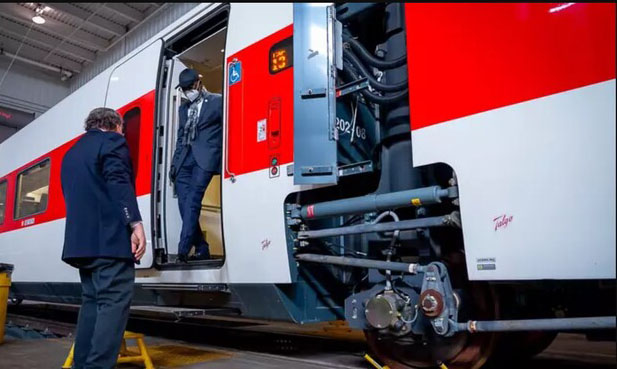Moody’s Investors Service recently elevated the nation’s outlook from stable to positive.
This development serves as both a commendation and a call to action for the government’s efforts to address fiscal and external challenges.
Moody’s highlighted key policy changes, including the unification of foreign exchange windows and the removal of the oil subsidy as significant steps toward resolving foreign exchange shortages and supporting external rebalancing.
The positive outlook signifies Moody’s recognition of the potential reversal in Nigeria’s fiscal and external position resulting from these reform initiatives.
The country’s proactive measures, such as devaluing the naira and embracing a market-determined exchange rate policy, have set the stage for addressing longstanding issues.
Furthermore, the removal of the oil subsidy, a substantial and crucial reform often postponed, has contributed to the optimistic outlook.
However, Moody’s maintained a cautious stance, affirming Nigeria’s Caa1 rating, indicating a still weak fiscal and external position.
The rating agency underscored the challenges posed by high inflation, which exerts pressure on government spending and raises social risks.
Also, uncertainties remain regarding the extent of fiscal relief from the oil subsidy removal.
Market analysts view Moody’s positive outlook as a signal to international investors, indicating an improved external fiscal position.
Tunde Amolegbe, Managing Director of Arthur Stevens Asset Management, sees this review as a positive indication of improved revenue, reserves, and the government’s ability to meet obligations.
This could attract foreign investors and businesses looking to engage with Nigerian entities.
However, experts emphasize the dual impact of these policies, noting that while they may attract foreign investments, the socioeconomic impact on ordinary Nigerians cannot be ignored.
The removal of subsidies and the fluctuating exchange rates have contributed to the citizens’ economic challenges, including high inflation and rising prices.
Rotimi Olubi, Managing Director of ARM Securities Ltd, suggests that in the short term, the impact on the capital market may be limited, given its dominance by domestic players.
However, he anticipates a potential influx of Foreign Portfolio Investments (FPI) in the mid to long term once forex illiquidity challenges are addressed.
Moody’s highlighted the importance of sustained improvement in oil production and external funding inflows for a continued positive trajectory.
The rating agency also emphasized the need for effective policy coordination to combat inflation and maintain macroeconomic stability, citing institutional constraints and data reliability as challenges.
Nigeria’s local and foreign currency country ceilings remain unchanged, reflecting some degree of unpredictability in government actions, political risk, and reliance on a single revenue source.
Moody’s ESG Credit Impact Score for Nigeria indicates considerably higher exposure to environmental, social, and governance risks.
As Nigeria navigates this rating upgrade, attention shifts to the potential benefits for the economy and the challenges faced by citizens, highlighting the delicate balance required for sustainable growth and inclusive development.

 Naira4 weeks ago
Naira4 weeks ago
 News3 weeks ago
News3 weeks ago
 Education4 weeks ago
Education4 weeks ago
 Social Media4 weeks ago
Social Media4 weeks ago
 Technology4 weeks ago
Technology4 weeks ago
 Dividends4 weeks ago
Dividends4 weeks ago
 Investment4 weeks ago
Investment4 weeks ago
 Economy4 weeks ago
Economy4 weeks ago





















